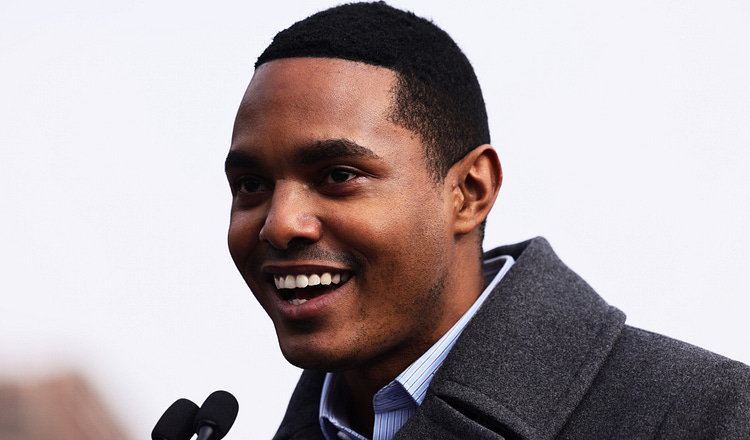Can You Be a Progressive and Support Israel?

Rep. Ritchie Torres speaks at a press conference endorsing New York City Mayoral candidate Andrew Yang. (Michael M. Santiago/Getty Images)
A Conversation with Bronx Democrat Ritchie Torres.
172
Ritchie Torres is a freshman congressman representing New York’s 15th district. He grew up in a public housing project in the Bronx, brought up by a single mother who raised him, his sister, and his twin brother on minimum wage. Upon his swearing-in, Ritchie became the first openly gay Afro-Latin American member of Congress. He is a staunch progressive,…
Continue Reading The Free Press
To support our journalism, and unlock all of our investigative stories and provocative commentary about the world as it actually is, subscribe below.
$8.33/month
Billed as $100 yearly
$10/month
Billed as $10 monthly
Already have an account?
Sign In


